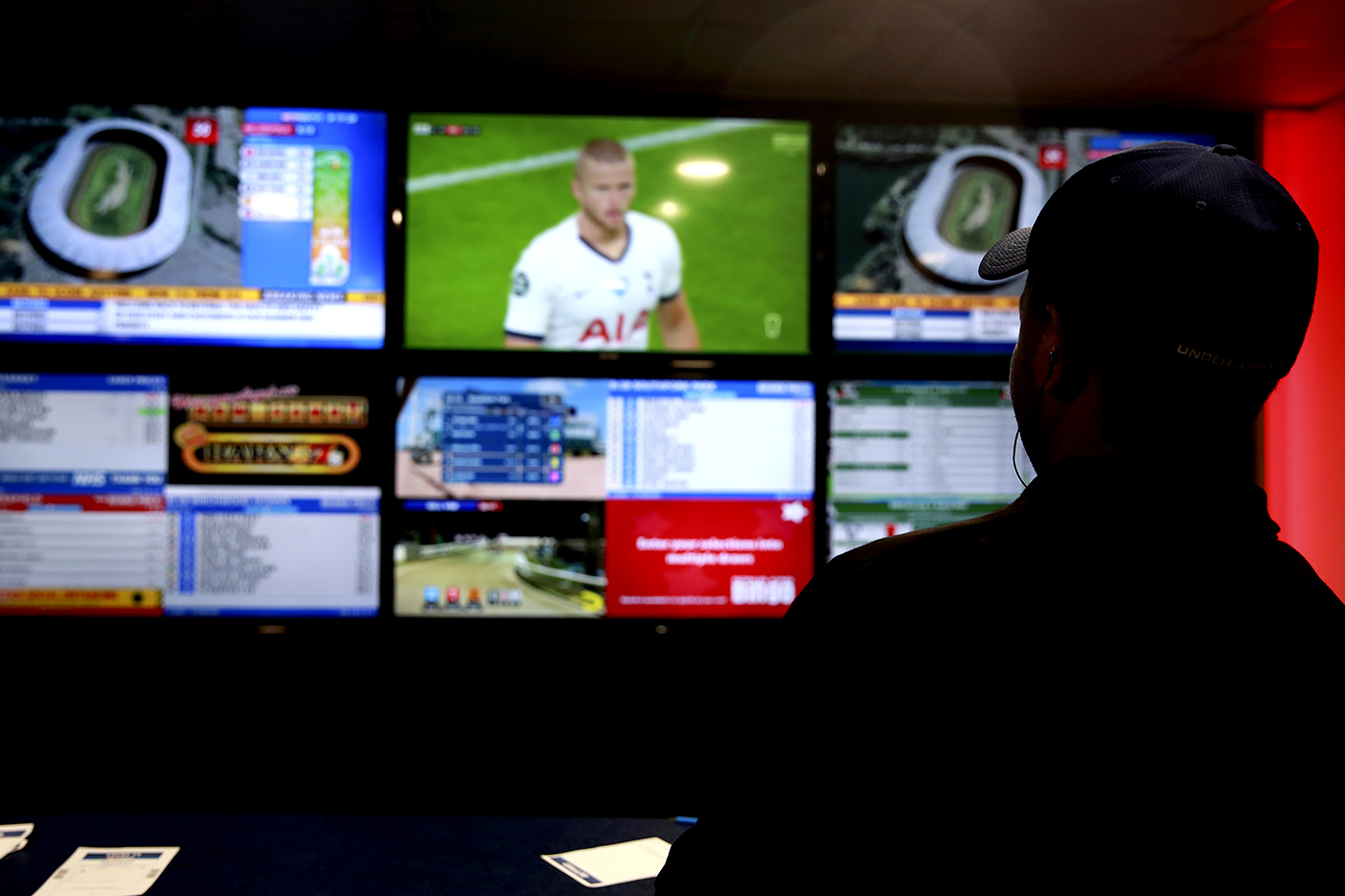A sweeping gambling probe has resulted in the arrests of NBA player Terry Rozier, former player Damon Jones and Portland Trail Blazers coach Chauncey Billups.
Two indictments unsealed Thursday allege separate schemes in which the defendants sought to defraud gamblers and online betting platforms out of millions of dollars. In announcing the arrests, FBI Director Kash Patel said the level of fraud “is mind-boggling.”
With gambling scandals erupting across both professional and collegiate sports, Northeastern University experts say the dangers long feared by league commissioners are starting to come true: that a wave of addiction and corruption — powered by instant betting apps, ineffective regulation and the leagues themselves — is now crashing down on the sports world.
Mark Gottlieb, executive director of Northeastern’s Public Health Advocacy Institute, says the “shocking arrests” could be just the tip of the iceberg in terms of those involved in pro sports, and the ways they are harming “not only individuals in sports but the integrity of the games themselves.”
“There are tens of billions of dollars that are being invested in rapidly expanding the role of gambling in our society with one goal in mind: to dramatically increase public losses and shift wealth from the public to these corporations and their partners,” Gottlieb says.
Richard Daynard, a Northeastern law professor, says the arrests serve as “another reminder” that gambling is “infecting sports at every level.”
“Online sports betting is essential casino gambling,” Daynard says. “It’s created this huge new group of people who are addicted to a product that never existed before.”
He and Gottlieb warn that the expansion of sports gambling is occurring against the backdrop of tepid state regulations and almost no federal oversight.
Proposed legislation, such as the SAFE Bet Act, seeks to curb in-game betting and the use of “AI targeting,” which experts say accelerates addictive behavior by tailoring bets to individual users in real time.
But Gottlieb says that comprehensive reform at the federal level is stalling due to a combination of gridlock, industry resistance and differing legislative priorities.
At the same time, “legally dubious” prediction markets are proliferating with minimal oversight, allowing major sportsbooks to offer bets on nearly anything, Gottlieb says. Even professional leagues, such as the NHL, are signing data deals with these platforms, further fueling the reach of high-risk gambling products, he says.
On Wednesday, the NHL struck a data licensing agreement with prediction market leaders Kalshi and Polymarket, opening the door for users as young as 18 to place bets “on nearly anything,” including sports, Gottlieb says.
So, what kind of guardrails are there currently?
Daynard says, simply, “there are none.”
“There’s a lot of hot air being blown; there’s a lot of smoke and mirrors suggesting that there are regulations,” Daynard says. “There are supposedly regulatory authorities, such as the Massachusetts Gaming Commission, but they don’t regulate.”
Daynard says there are instead two types of what he calls “pseudo-regulations.” The first is such entities as state commissions that he says have “neither the authority nor, for the most part, interest” in crafting and promulgating effective regulations; the other is something called the “responsible gaming model,” a framework born out of the gambling industry’s own efforts to preempt stricter oversight by promoting self-regulation.
“The idea of responsible gaming is: it’s just to the gambler to gamble responsibly,” he says. “If you have a problem, it’s your problem. You’re gambling irresponsibly.”
Prevailing attitudes about the problem are “ruining lives, harming public health, contributing to a mental health crisis, and driving the addictification of the U.S. economy,” Gottlieb says.
“The main problem isn’t so much the influence of the gambling industry, but rather the fact that it hasn’t been a priority issue for any legislature, state or federal,” Daynard says.
“Our hope is that, in about two weeks, that’s about to change,” he says.
That’s when Daynard, Gottlieb and Harry Levant, a gambling addiction counselor who recently received his doctorate at Northeastern, plan to meet with federal lawmakers in Washington, D.C., for the launch of “Family and Friends of Gamblers.” The group is a nonprofit designed to give voice to “countless people and families suffering gambling-related harm.”
Daynard says the nonprofit is modeled after Mothers Against Drunk Driving. Lawmakers, advocates and family members are expected to attend the event.
“I think this is likely to produce substantial change, and that’s because you’re going to start to hear stories that are going to appear in local media, online and in newspapers,” Daynard says. “We hope these stories will start to turn things around.”
Tanner Stening is an assistant news editor at Northeastern Global News. Email him at t.stening@northeastern.edu. Follow him on X/Twitter @tstening90.

